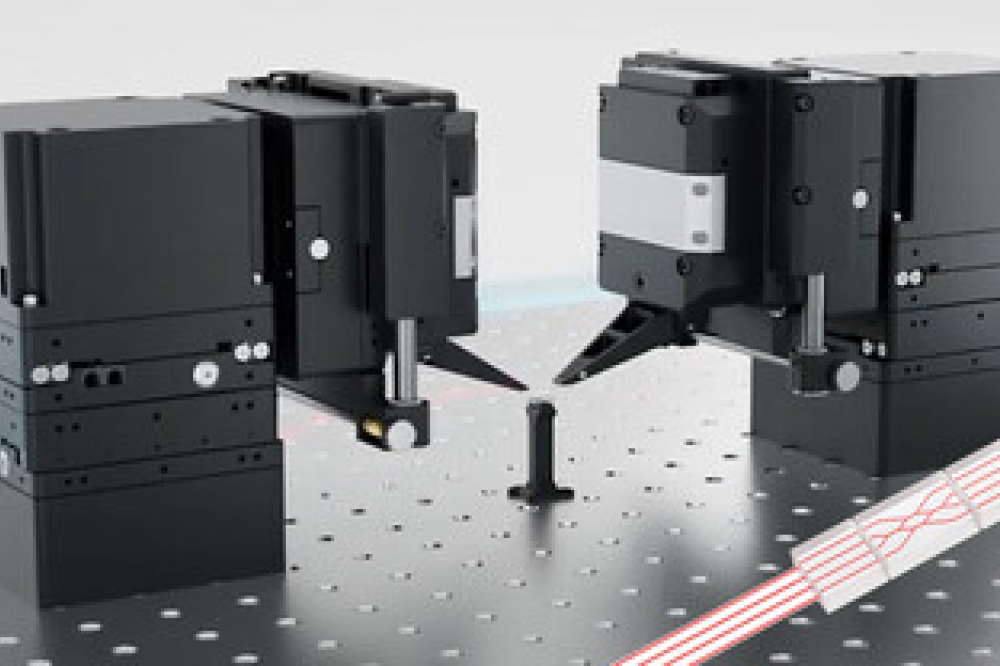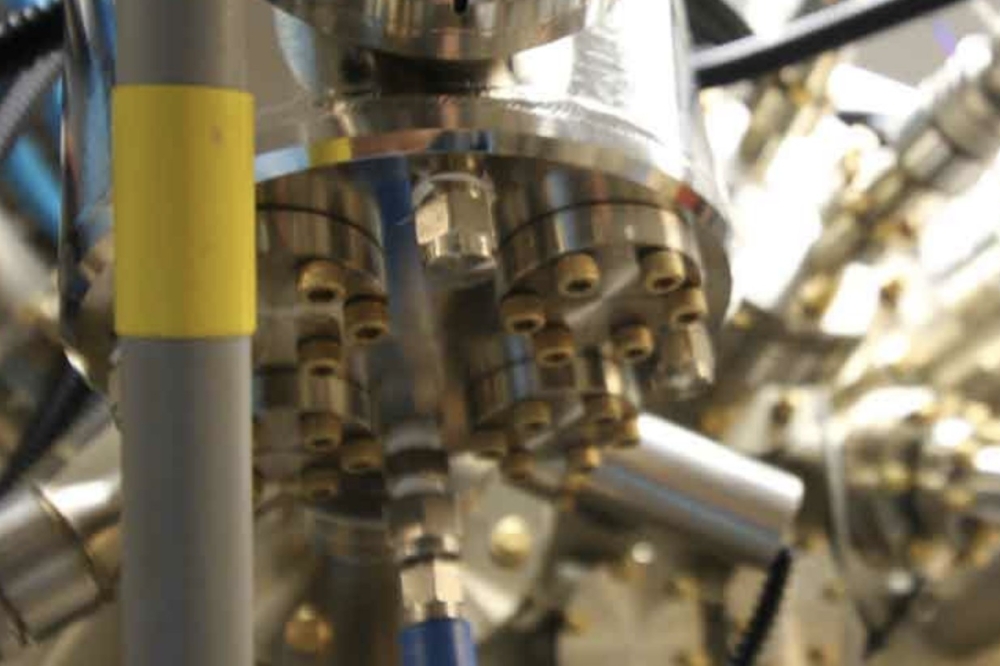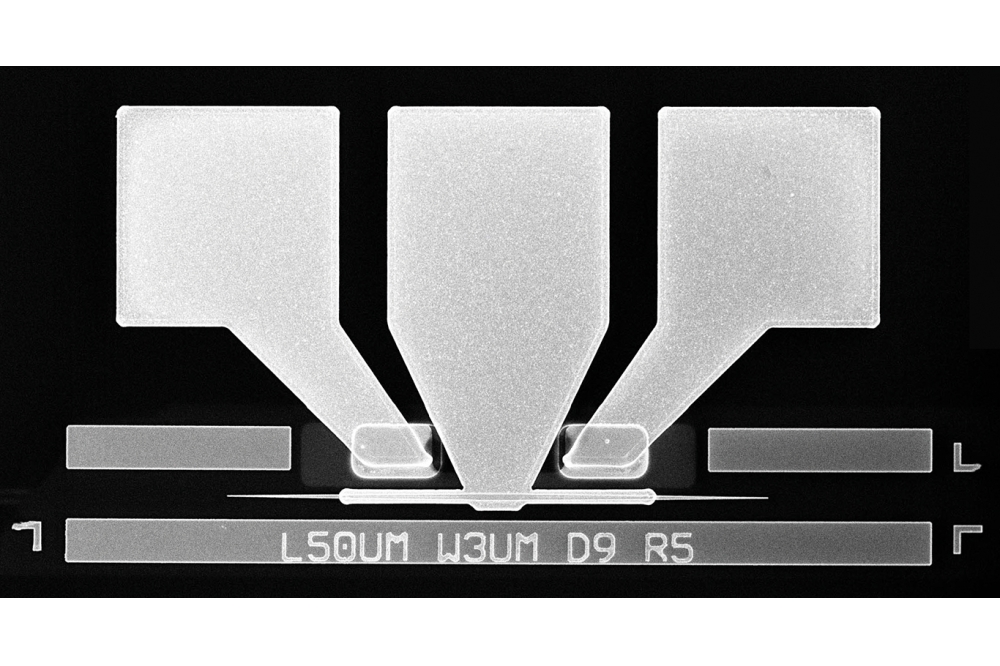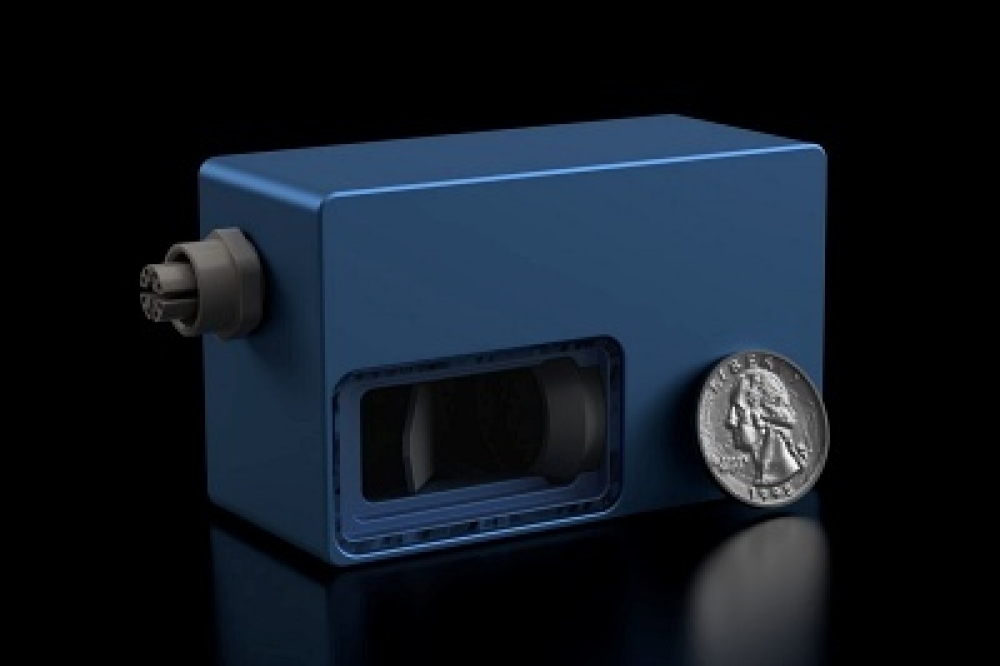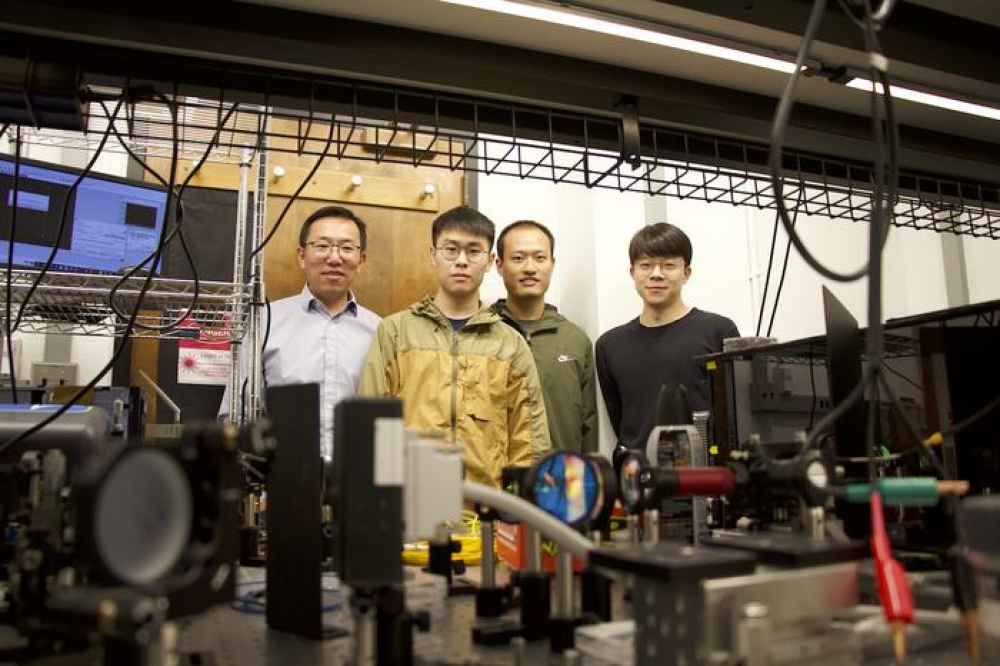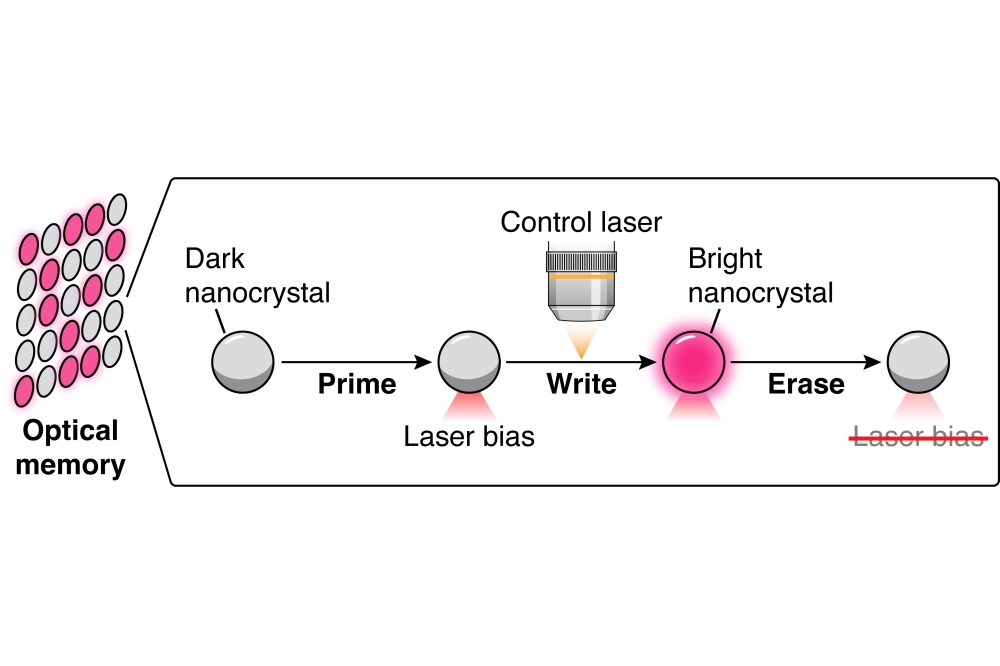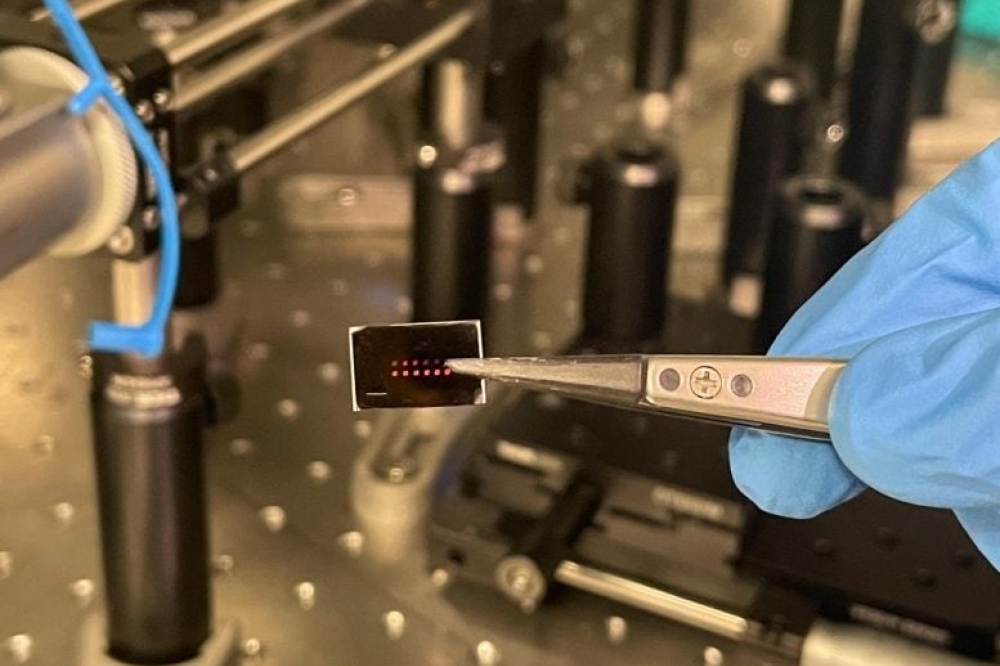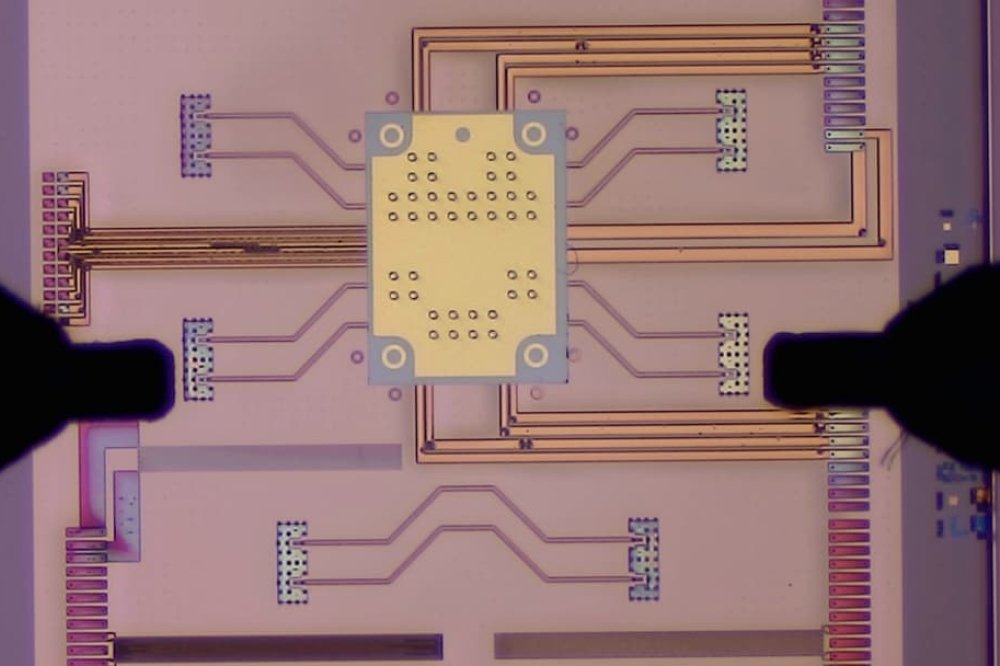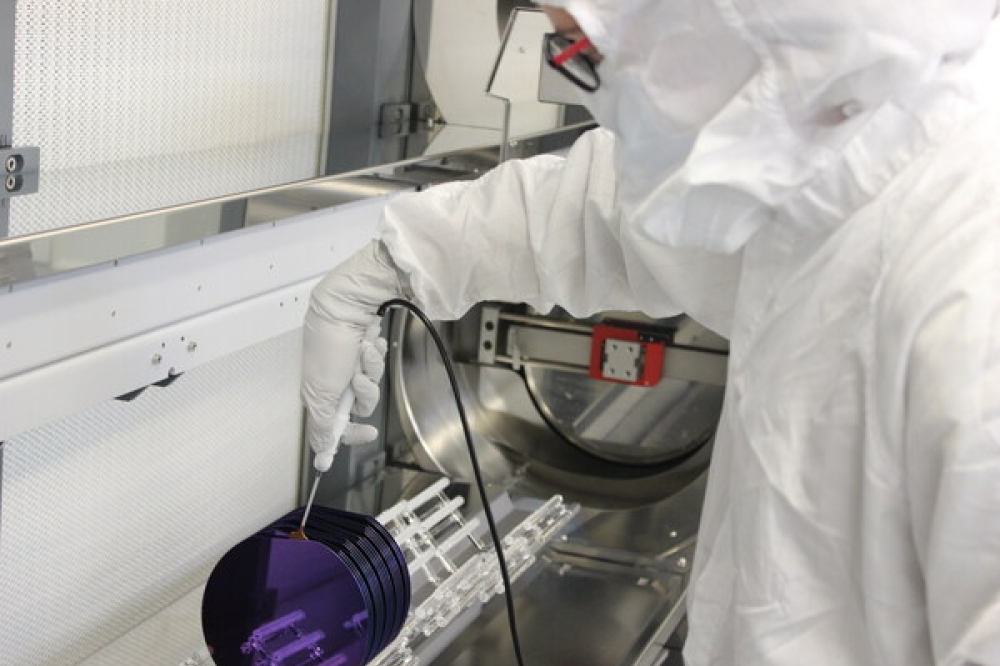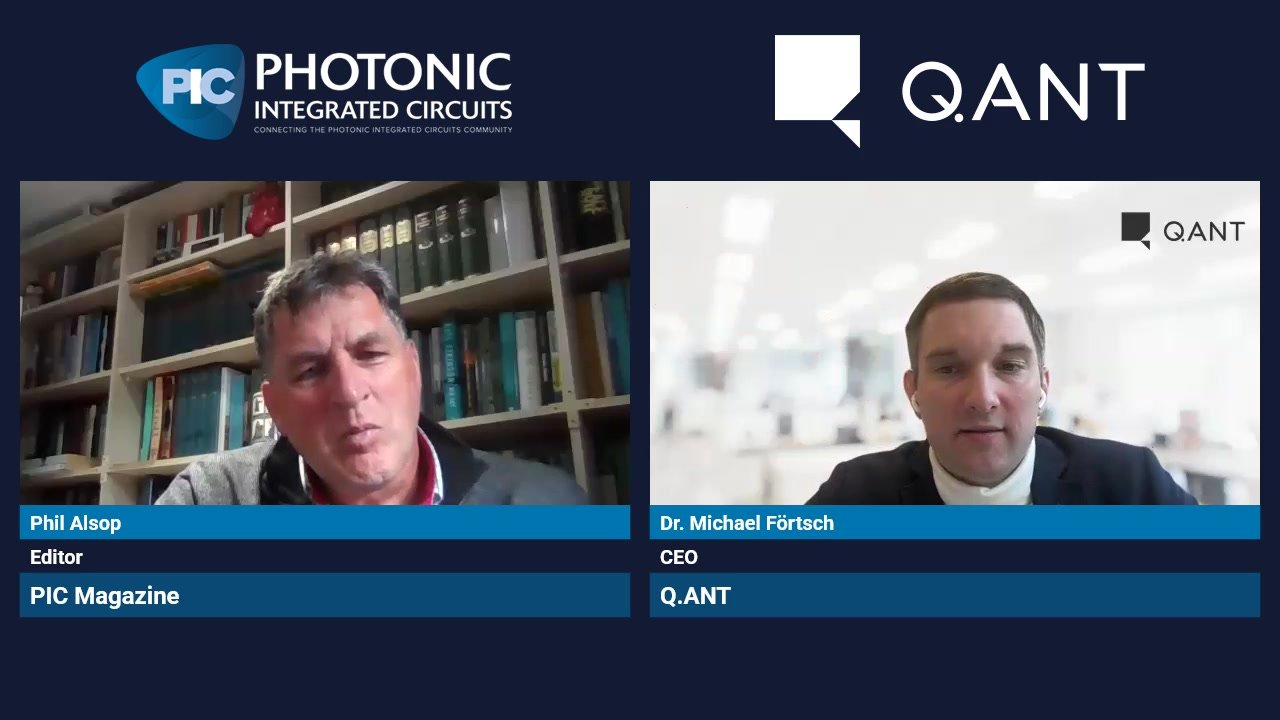EPIC advocates for Photonics European Partnership
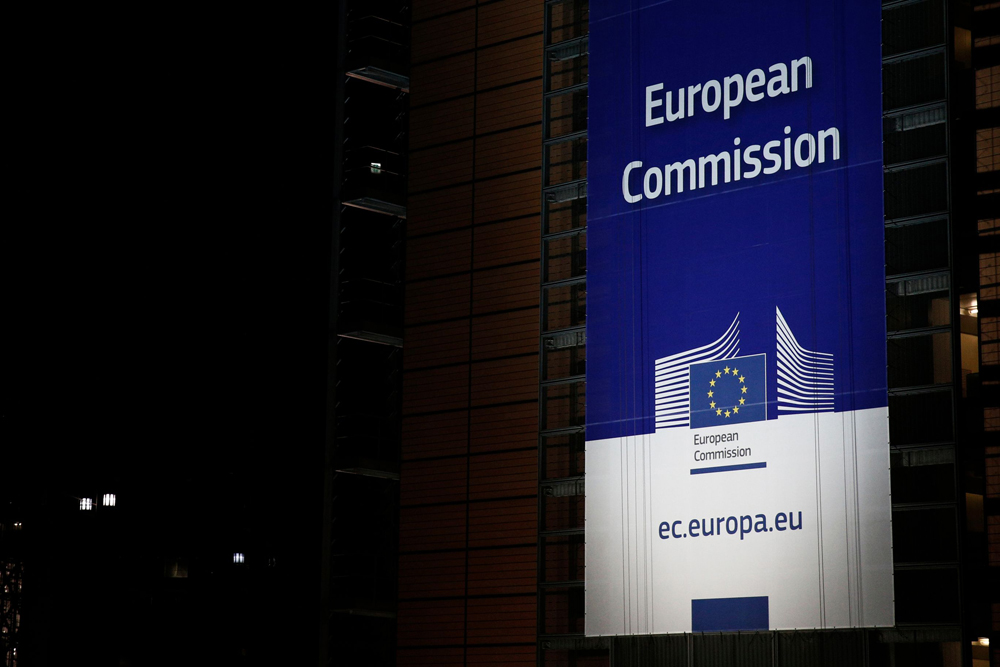
The European Parliament and European Council has recently signed a partial political agreement on Horizon Europe. This agreement endorses the European Commission proposal for three levels of European partnerships in the future Horizon Europe programme, including co-programmed partnerships based on the cPPP model as per Photonics21 in Horizon 2020.The agreement proposes a draft “Portfolio of European partnerships” to Member States for consideration and consultation and photonics has made it to the list of potential European partnerships circulating amongst the ministries of the 28 European capitals.This marks the end of the beginning towards ensuring that a Photonics PPP, which builds on the work of Photonics21 will be retained for support in the future Horizon Europe programme.
A first discussion on the shortlist of potential PPP’s submitted to the Shadow Strategic Planning Committee of the Member States will take place on the 3 May at the European Commission in Brussels.
EPIC is advocating for a follow-on Photonics public private partnership to Photonics21, which they regard as fulfilling the recent draft proposed Partnerships criteria of the European Research Area and Innovation Committee. Namely that a photonics contractual private public partnership will be effective and efficient, coherent and synergetic, has the long-term commitment of the partners, meets the criteria for EU Value Added and Additionality and is also fully open and transparent.
EPIC argue that the proposal fulfils the criteria based on the below:
EFFECTIVENESS AND EFFICIENCY
The Photonics21 contractual public private partnership (cPPP) was ranked first out of the ten existing cPPP’s, by an Independent Expert Group, during the Mid-term review of the contractual Public Private partnerships under Horizon 2020.
COHERENCE & SYNERGY
A photonics European Partnership would underpin the future and first ever European Commission Digital Europe Programme, which will seek to strengthen Europe’s world leadership in the digital transformation. The recent 2018 European Commission and European Investment Bank report on “Financing the digital transformation: Unlocking the value of photonics and microelectronics”, is direct and states that “the Photonics sector is an essential key enabling technology and represents an important building block of the next digital revolution, which will be based on deep technologies”
LONG-TERM COMMITMENT OF THE PARTNERS
The current Photonics21 partnership (cPPP) established in Horizon 2020, has demonstrated a very high > 4 leverage factor with respect to private to public funding, as recently highlighted by DigitalEurope. More importantly, European Photonics SMEs are committed to invest more than €10 billion Euro per year into R&I in Europe during the time period of Horizon Europe. The Photonics 21 partnership is actively complemented by a very strong and active European Photonics Industry Consortium bringing together over 600 Photonics Industry CEO’s from around the world.
EU VALUE ADDED AND ADDITIONALITY
The Photonics21 cPPP has played a key role in creating a network of National Photonics associations and Prototyping and Pilot Production Networks, who are now strongly engaged in the development of sustainable regional and national competitiveness photonics policy and ecosystems. One result of this proactive engagement is the decision of the Netherlands in December 2018 to invest €238 million in photonics development. The PhotonDelta initiative involves government, 3 regions, the Dutch national photonics association, several industrial members of EPIC and research members of Photonics21.
OPENNESS AND TRANSPARENCY
By involving more than 3000 photonics experts representing more than 1700 SME industry and research organisations, the Photonics21 PPP is considered a role model for any future European partnership in Horizon Europe in terms of openness and transparency.



